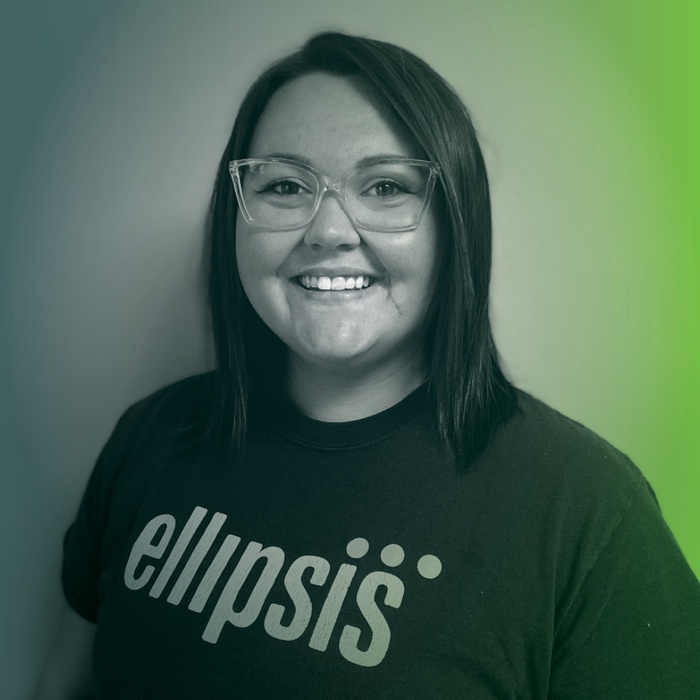What is your position with Ellipsis?
I am a community counselor, so I get to work with kids and families in their homes to develop healthier relationships, routines and behaviors.
How long have you worked here?
I have worked at Ellipsis for 8 years.

Have you had any other roles/jobs during your tenure with Ellipsis?
I started my career at Ellipsis as an intern for a college practicum requirement. After the class was over, I continued to work there part-time as a residential staff member. Upon graduation, I worked full-time as a residential staff member who engaged with families about day-to-day behaviors. I quickly realized that's what I wanted to do more of, so I waited patiently until another community counselor position opened. I’m happy to say I’m in that position now.
What drew you to work at Ellipsis?
I always knew I wanted to work with kids, but I always thought that meant being a teacher. I majored in early elementary education in college, but after getting some in-classroom experience, I realized I needed to be teaching about things I felt more connected to. After switching my major to human services, my brother told me about this organization and how I should apply there for my practicum experience to see if it was something I enjoyed. It was the right fit!
Can you recall a moment (during your career with Ellipsis) when you felt like you were in exactly the right place, doing exactly what you should be doing? What was that like?
There have been lots of moments during my career where I knew what I was doing was making a difference. Those moments always look different. Sometimes it’s a phone call from a past client updating me on how well they're doing, or it’s a moment when someone is reaching out for help because that is one of the hardest things for our clients to do.
What are some of the more challenging aspects of this job?
The most challenging part of the job is trying to get my clients to see the potential in themselves that others already see in them. We are our own worst critic, and the same saying applies to kids and teens. I make it a priority to constantly remind each of my clients about how much potential they possess, even if it annoys them.
What are some of the rewarding aspects of the job?
The most rewarding part of my job would be those "ah-ha moments" when I'm teaching a skill and a client is able to reflect on themselves and understand what they may have done wrong or done right. We then make a point to discuss how they can use that skill successfully in the future.
Why is it important to have residential programs in communities and qualified people working in them?
It's very important to have residential programs in communities and qualified people to work them. The challenges and difficulties that our clientele face are not unique. Most households have similar challenges but may not know that there are organizations like Ellipsis to turn to when they are struggling. Whether it's residential care, therapy, in-home behavioral health counseling or another service, Ellipsis has so many service options than can help families.
What is a misconception people may have about mental health treatment? How do you dispel that?
Common phrases we hear from people who could benefit from our mental health help are "it's not that bad yet” or “I’m not crazy.” Everyone has ups and downs with mental health. Just like we have regular doctor or dentist visits every six months to maintain physical health, we should have regular checkups with counselors or therapists to make sure our thoughts are working with us, not against us.
If there’s anything else you’d like to add about your role, please feel free to do so!
I love working at Ellipsis!
